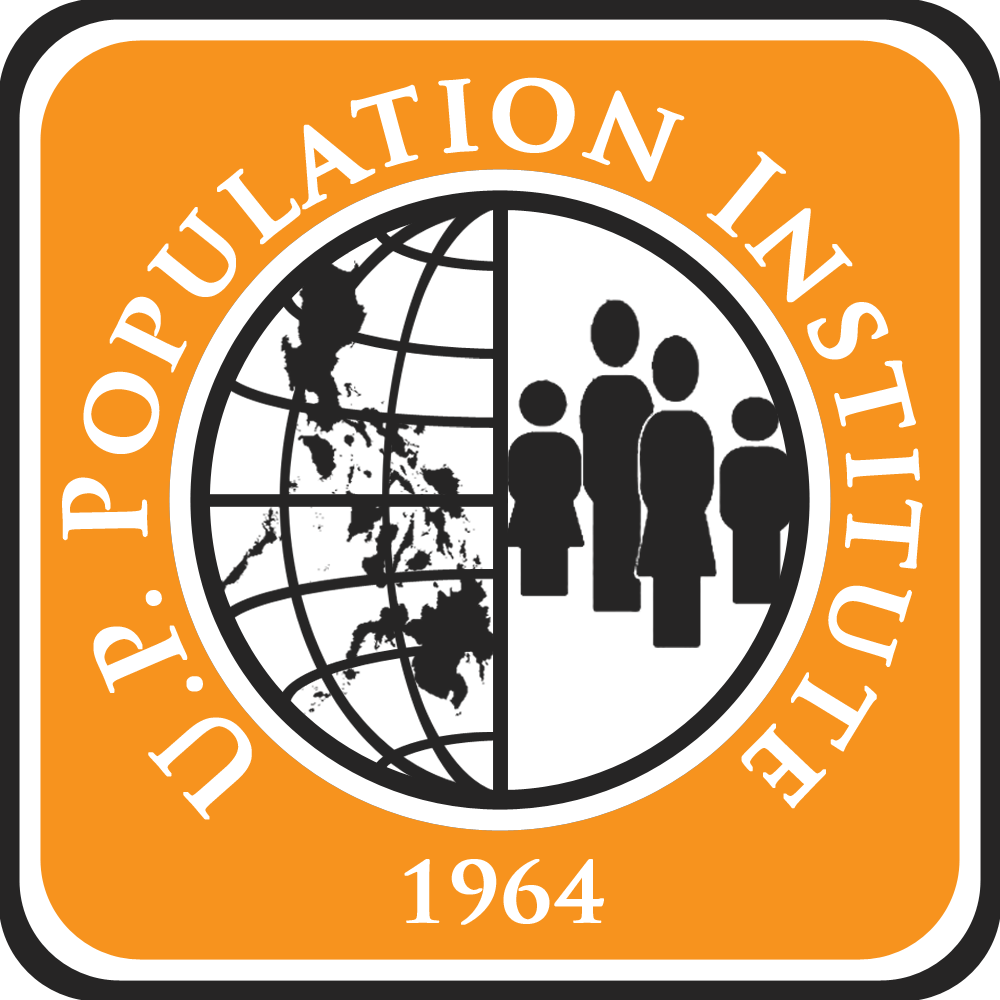
 The University of the Philippines Population Institute (UPPI) was formally established as a unit of the University of the Philippines (UP) in November 1964 with a grant from the Ford Foundation. Initially an independent unit located at the UP Manila campus (Padre Faura), it became a unit under the College of Social Sciences and Philosophy (CSSP) in 1983 and moved to the Diliman campus in 1985. It is the only academic institution in the Philippines offering graduate level training in demography and population studies.
The University of the Philippines Population Institute (UPPI) was formally established as a unit of the University of the Philippines (UP) in November 1964 with a grant from the Ford Foundation. Initially an independent unit located at the UP Manila campus (Padre Faura), it became a unit under the College of Social Sciences and Philosophy (CSSP) in 1983 and moved to the Diliman campus in 1985. It is the only academic institution in the Philippines offering graduate level training in demography and population studies.
As an academic unit under CSSP, UPPI performs the three-pronged function of teaching, research, and extension. Through its links with the government, local and international agencies, it plays an important role in the analysis of population-related issues by way of a strong program of research and extension backed up by facilities for analysis of survey data and a data archive of surveys on population-related topics.
VISION
To be known as the leading institution in demographic training, research and extension in the country and a respected demographic institute in Southeast Asia through training of future demographers and population specialists, research in demography and population studies, and extension work.
MISSION
To actively participate and contribute to the pursuit of human well-being by creating and promoting a wide-ranging appreciation and recognition of the fundamental role of population in the development process through teaching, research and extension.
This mission is founded on the following objectives:
- To prepare students for professional careers as demographers and population specialist in various fields of endeavor;
- To pursue a program of research on population that gives emphasis both to emerging technical developments in demography and to research areas significant for planning and program management purposes;
- To serve as focal point for the dissemination of knowledge in the population field and in the application of such knowledge in development planning and program management; and
- To pursue a program of short-term training on population for government and non-government organizations.
Share
